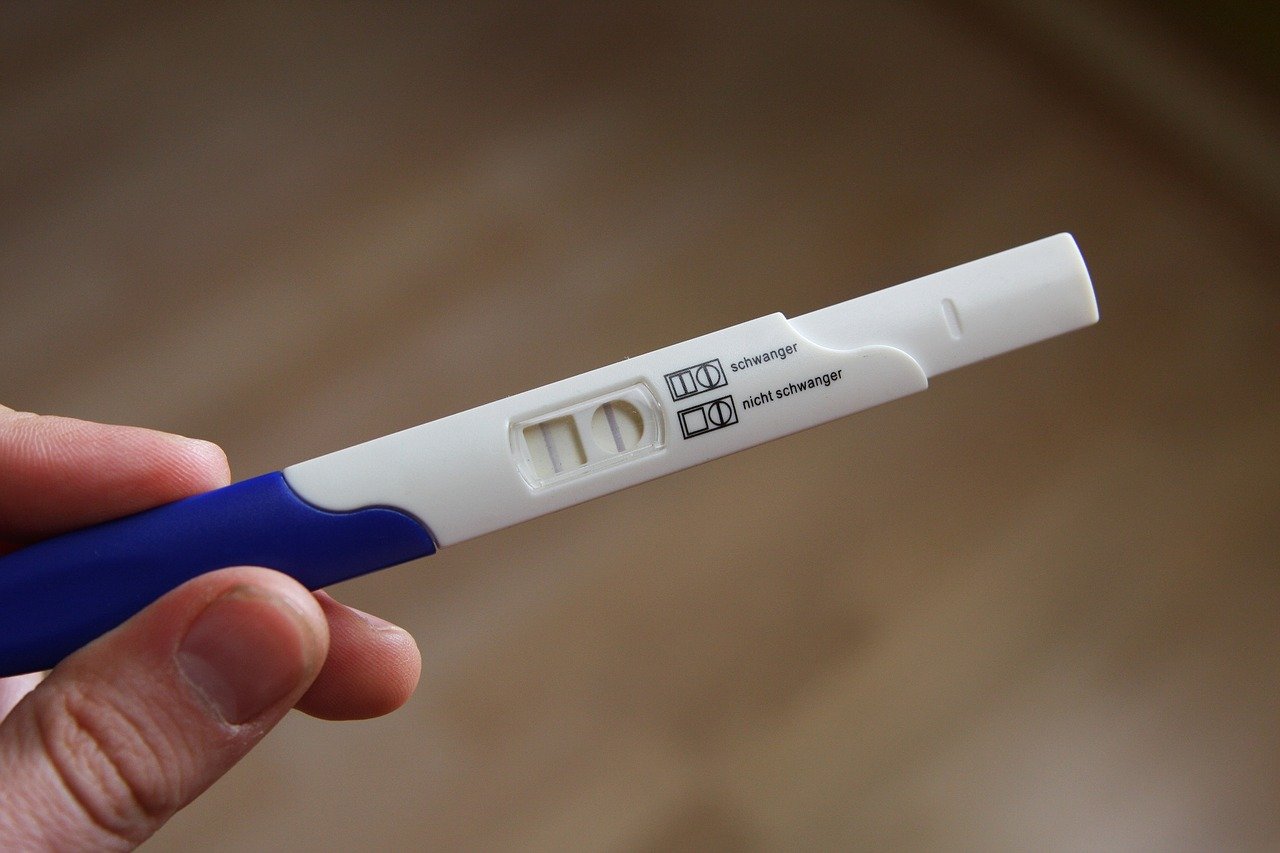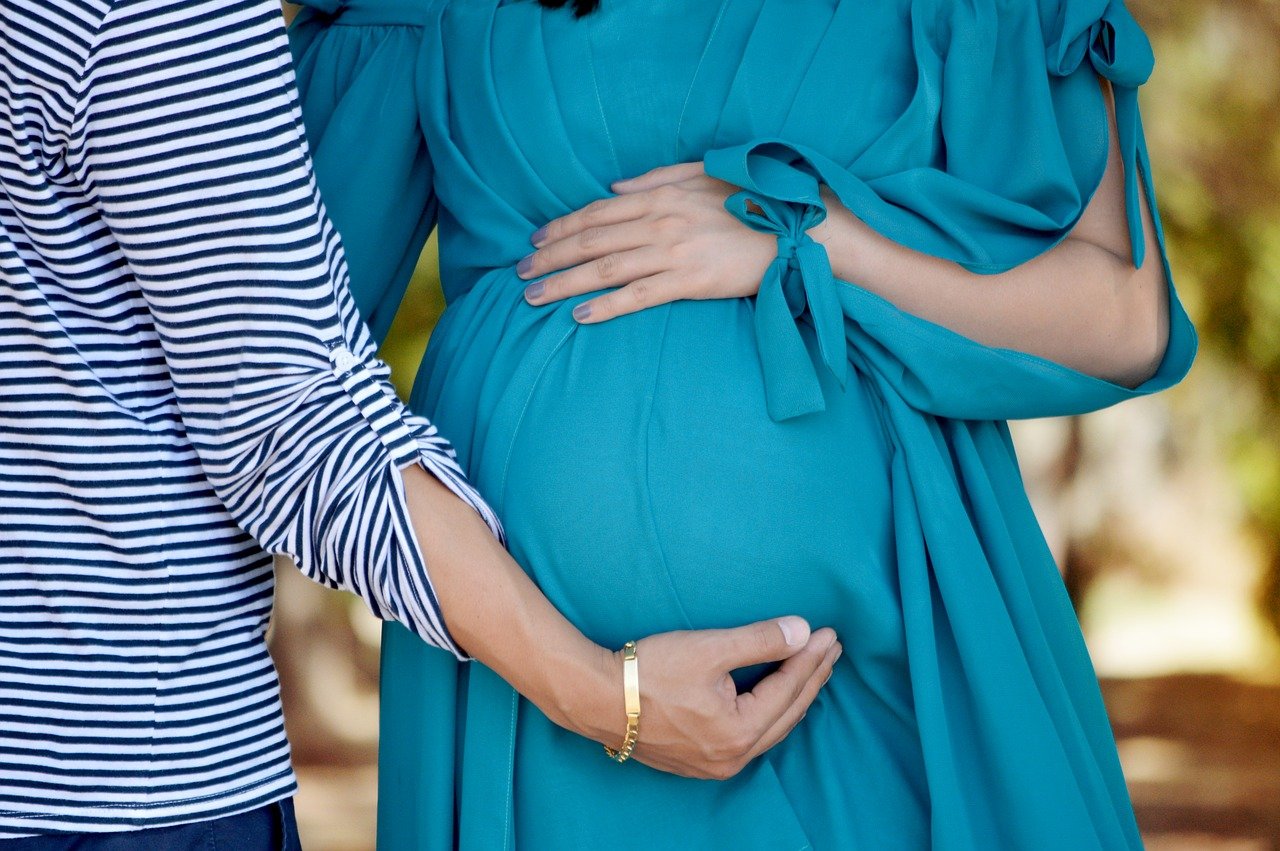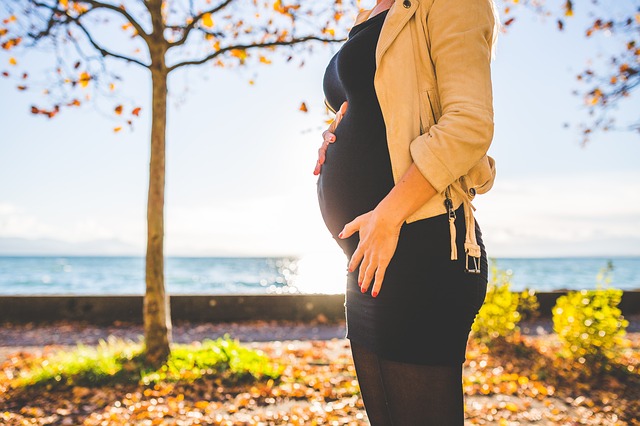Table of Contents
Overview
Pregnancy is wonderful experience with full of emotions and happy moments for all the women including me. I have also experienced this. Having a feeling of a new life inside you is something different. It feels like miracle. And you can start feeling some early pregnancy symptoms even before missed period.
It can be different from woman to woman, and even for the same mother from one pregnancy to the next. By god grace only women can experience this.
Pregnancy is a long journey and memorable too. It’s a long 10 month journey. A normal pregnancy usually lasts about 40 weeks, counting from the first day of a woman’s last menstrual period, which is about two weeks before conception actually occurs.
Pregnancy occurs when a sperm fertilizes an egg after it’s released from the ovary during ovulation. The fertilized egg then travels down into the uterus, where implantation occurs. That results in pregnancy.
There are many factors that can affect a pregnancy. If you are planning for a baby, early diagnosis and care is better.
If you are trying to conceive there are some early signs and symptoms before a pregnancy test to look for.
Symptoms of Early pregnancy even before missed period.
Here are some early symptoms of pregnancy before a missed period that you can check for.
1. Missed period
It’s very obvious symptom of pregnancy and one of the earliest symptom. Missed period doesn’t means you are pregnant, especially if you are having irregular period.
2. Loss of appetite:
You must have heard from many women that they feel lots of craving but during early pregnancy it’s not true. You can actually lose an interest in some of the foods and drinks, maybe some of them you were eating daily. Changes in the taste and sensitivity to smell is very common and for some women it can persist through out their journey.
You can also experience loss of appetite because your body is preparing for the pressure of pregnancy and this will come on track when you will feel relaxed.
3. Frequent trips to toilet is a very common symptom of pregnancy
It is possible that in the early stages you might feel an increased need to pee, feeling like you’re forever making trips to the toilet. You could notice this feeling especially at night time.
4. Spotting or bleeding is sometime a symptom of early pregnancy
Some women can experience light bleeding or spotting in early pregnancy which can be a result of implantation that usually occur after one to two weeks after fertilization.
Bleeding can also sometimes signal a serious pregnancy complication, such as miscarriage, ectopic pregnancy, so it’s always best to discuss with your doctor.
5. Diarrhea:
Pregnancy can cause you diarrhea and frequent digestive problems. This is because of hormonal changes that are happening to prepare your body for pregnancy.
6. Bloating:
During pregnancy, progesterone hormone can make your stomach full and can make you feel bloated. Bloating can be a symptom of early pregnancy before missed period.
Early miscarriage symptoms: how do you know if you had early miscarriage
7. Sore and tender breast is also a symptom of pregnancy
During pregnancy your breast changes and this is one of most noticeable sign of pregnancy. your breasts may begin to feel tender, swollen, and generally heavy or full. Your nipples may also become larger and more sensitive, and the areola may darken.
8. Morning sickness:
Morning sickness includes vomiting and nausea. Some women feel morning sickness throughout their pregnancy and some feel more during early pregnancy. This symptom can show as early as 2 week into your pregnancy. Hormonal changes are most common reason of this.
9. Abdominal cramps are a common symptom of early pregnancy
During pregnancy the muscles in your uterus begin to stretch and expand, you may feel a pulling sensation that resembles menstrual cramps. You can get pains that resemble to your period around the same time that you are expecting your period.
Read here to know about 15 changes in body post-pregnancy
10. Back pain:
Backache is a common symptom throughout your pregnancy due to the extra weight you’re carrying, but it can also be an early sign of pregnancy too. Hormones and stress on the muscles are the biggest causes of back pain in early pregnancy.
11. Constipation
Some women feel constipated during early week of pregnancy and some experience diarrhea. Hormonal changes can slow down the digestive system that can cause constipation.
12. Leg cramps:
Leg cramps are very common during pregnancy and it can start during early pregnancy also. This is due to less calcium in bones during this time because now all your minerals, vitamins and calcium is divided with your baby.
13. Headache:
Headache is another common symptom of pregnancy before missed period and this is again due to changes in hormonal levels.
14. Shortness of breath:
In early stages of pregnancy, an increase of progesterone in your body causes you to breathe more often as a result you can feel shortness of breath.
15. Low sex drive:
Your sex drive can decrease during early weeks of pregnancy. Your breast may be sensitive, and you can also feel nausea, tiredness, and fatigue. All these can reduce your sex drive.
How do you feel while pregnant
There are so many thoughts come in mind when you are pregnant. Each woman is different and each pregnancy is different. Physically it is very tiring process. You can feel tired all the time, shortness of breath, nausea, morning sickness, back pain, and many other symptoms. Emotionally some women are stressed about their pregnancy, feels like stressed and depressed, or felling like crying, in short there are lots of mood swings due to hormonal changes.
Some women experience feelings inside their stomachs in the early stages of pregnancy that replicate the sensation of their muscles being pulled and stretched. Sometimes referred to as abdominal twinges.

Abdominal twinges and mild pains are very common during pregnancy and usually nothing to worry about. Twinges and abdominal pain is usually caused by constipation, ligament pain, or trapped wind – all of which are a normal. These pains can be reduced by doing regular exercise, having small and frequent meals, increasing your water intake and having lots of fresh fruits and vegetables.
How to confirm that you are pregnant

The most effective way to confirm you’re pregnant is via a pregnancy test. You can do the test by home pregnancy test kit or can do a blood test at your doctor’s clinic. These kits check for the presence of the pregnancy hormone, human chorionic gonadotrophin (HCG), in your urine. During pregnancy, HCG hormone increase in your urine and an increase HCG in urine can confirm about pregnancy test.
Doctor can also perform blood test to confirm the presence of HCG hormone in blood that can tell whether you are pregnant or not.
Home pregnancy tests are affordable, convenient and reliable as well. They are reliable as long as you follow the instructions properly. Negative tests are not always reliable if you have taken it too early, as level of HCG might not be enough. It is also recommended to avoid drinking too much fluid before taking test as it can dilute the level of HCG.
Healthy meals during pregnancy and how to plan Breakfast, Lunch and Dinner
Three Stages of pregnancy
A normal pregnancy usually lasts about 40 weeks, counting from the first day of a woman’s last menstrual period, which is about two weeks before conception actually occurs. Pregnancy is divided into three trimesters. Each of these periods lasts between 12 and 13 weeks.
During each trimester, so many changes happen in woman’s body as well as in the developing baby.
At first conception and implantation happen. On an average two weeks before next period ovulation occur and ovaries release an egg. The egg can be fertilize for 12 to 24 hours after it’s released as it travels down the fallopian tube toward the uterus. If an egg meets up with a sperm cell that has made its way into the fallopian tube, it combines into one cell, a process that’s known as fertilization or conception.
It takes about three to four days for the fertilized egg (or embryo) to move to the lining of the uterus, where it attaches or implants to the uterine wall.
1. First trimester (week 1 to week 12)
During the first trimester your body undergoes many changes. Hormonal changes affect almost every organ system in your body. These changes can trigger symptoms even in the very first weeks of pregnancy however missed period is a clear sign that you are pregnant.
A baby grows rapidly during the first trimester. The fetus begins developing their brain, spinal cord, and organs. You can also see your baby’s heart beat during ultrasound scan.
There are so many changes happen in mother’s body also. Women can feel
- Tiredness
- Constipation
- Morning sickness
- Headache
- Frequent urge to urine
- Breast sensitivity
- Mood swings
During this time a lots of changes happen in the body so you should take care like taking proper rest, having frequent meals. According to research during first trimester changes of miscarriage are relatively high.

2. Second trimester (week 13 to week 28)
Second trimester is easier than first trimester. During this time you might notice that symptoms like nausea and fatigue are going away. But many more changes are waiting for you. Your abdomen will expand as the baby continues to grow. You’ll probably begin to feel your baby move, kick, and punch inside uterus.
Some of the changes that you can feel
- Body pain, back pain
- Stretch marks on abdomen, breast and thighs
- A line on the skin running from belly button to pubic hairline
- Dark skin around nipples
- Itching on abdomen, thighs and can be on other areas on body
3. Third trimester (week 28 to week 40)
During the third trimester your weight gain will accelerate, and you may feel more tired. Some of the changes that you can feel
- Shortness of breath
- Discomfort while sleeping
- Leaky breast
- Swelling in feet
- Contractions that can feel like labor
- Baby movements
- Frequent urination
Your baby can now sense light as well as open and close their eyes. Their bones are also formed. At 39 weeks, your baby is considered full-term. Your baby’s organs are ready to function on their own.
As you near your due date, your baby may turn into a head-down position for birth. Most babies “present” head down. Your doctor will check your progress with a vaginal exam as you near your due date.
Remember that each and every pregnancy is different. Some women faces complications and some experience very smooth pregnancy in short Its completely depends on your body behavior. All you can do is just eat healthy, do some light exercise, have plenty of rest, keep visiting to the doctor for health checkups. A doctor can help ensure the growing baby is meeting their developmental milestones, and that the woman is in good health.
Pregnancy, childbirth, and the first few months with a newborn are unlike any other time in life. This time will not come back. Each child is different and they are full of new experiences, great uncertainty, and many new emotions.





